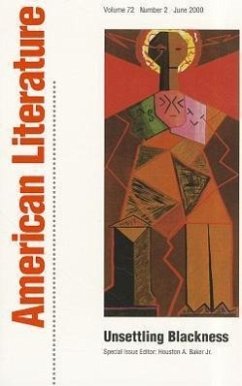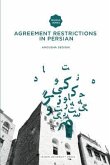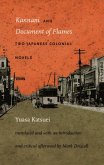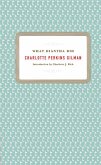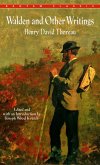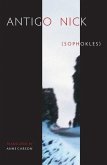This special issue of American Literature transcends the old debates surrounding black expressive culture and reexamines major African American texts through the lenses of modernism, progressivism, architecture, avant-gardism, hybridity, and Continental theory. With this arsenal of critical and theoretical tools, the scholars here declare that the concept of "blackness" is agile and dynamic, both unsettled and unsettling. Articles in this issue address topics as rich and varied as the friendship between Richard Wright and Ralph Ellison; hybridity, montage, and the avant-garde in the works of Jean Toomer; and the interplay of eugenics and racial uplift in W. E. B. DuBois’s Crisis. One piece explores Langston Hughes’s use of bebop in Montage, and another considers the ways in which James Weldon Johnson’s Autobiography of an Ex-Coloured Man challenges assumptions about black music and its relationship to the "classics." The collection moves into a discussion of physical space when Arlene Keizer assesses Carolivia Herron’s Thereafter Johnnie, a novel in which the geography and architecture of Washington, D.C. construct as well as express the slave-owning, patriarchal culture. Unsettling Blackness would be a valuable addition to the syllabus of any course grappling with the galaxy of issues surrounding African American literature and culture.
Hinweis: Dieser Artikel kann nur an eine deutsche Lieferadresse ausgeliefert werden.
Hinweis: Dieser Artikel kann nur an eine deutsche Lieferadresse ausgeliefert werden.

